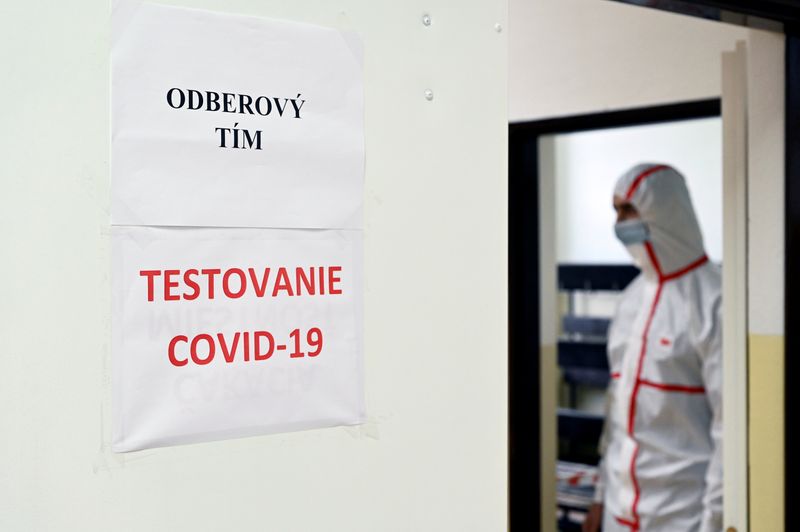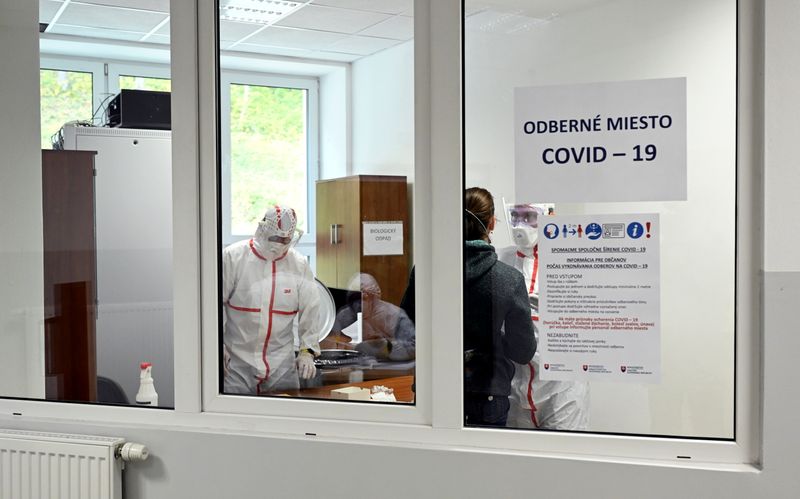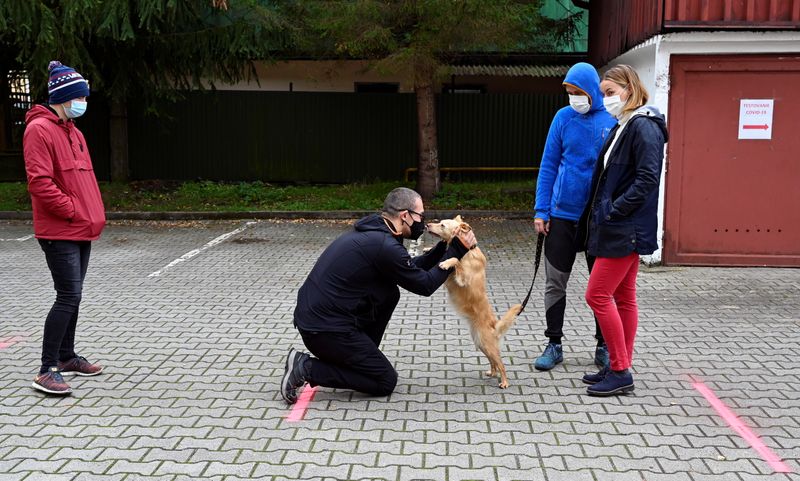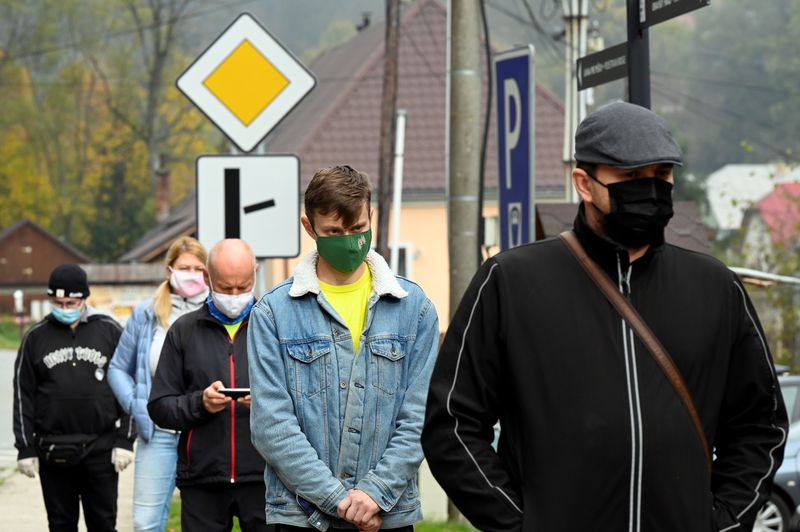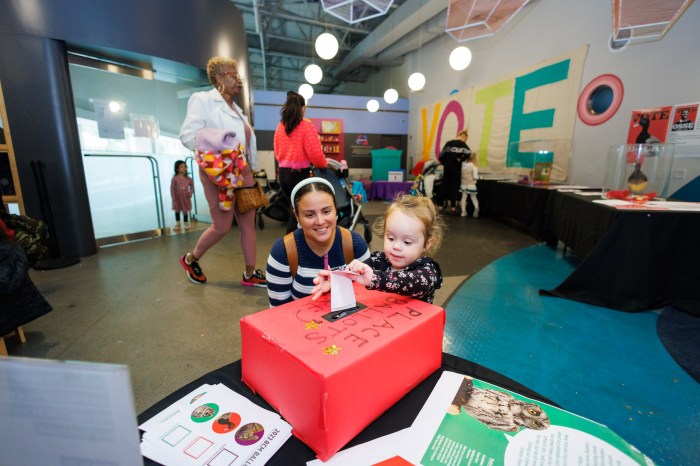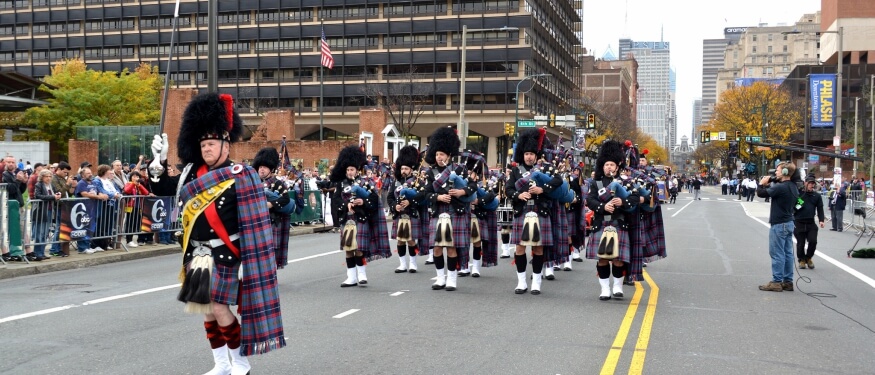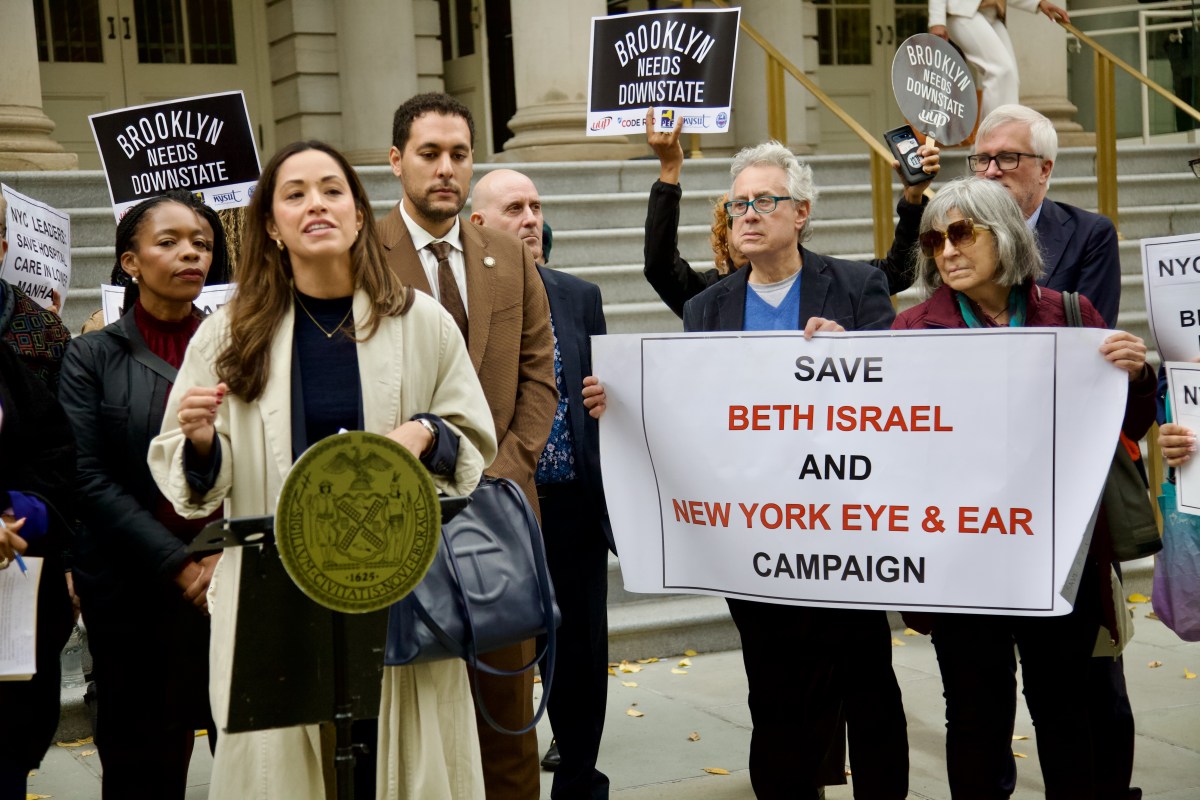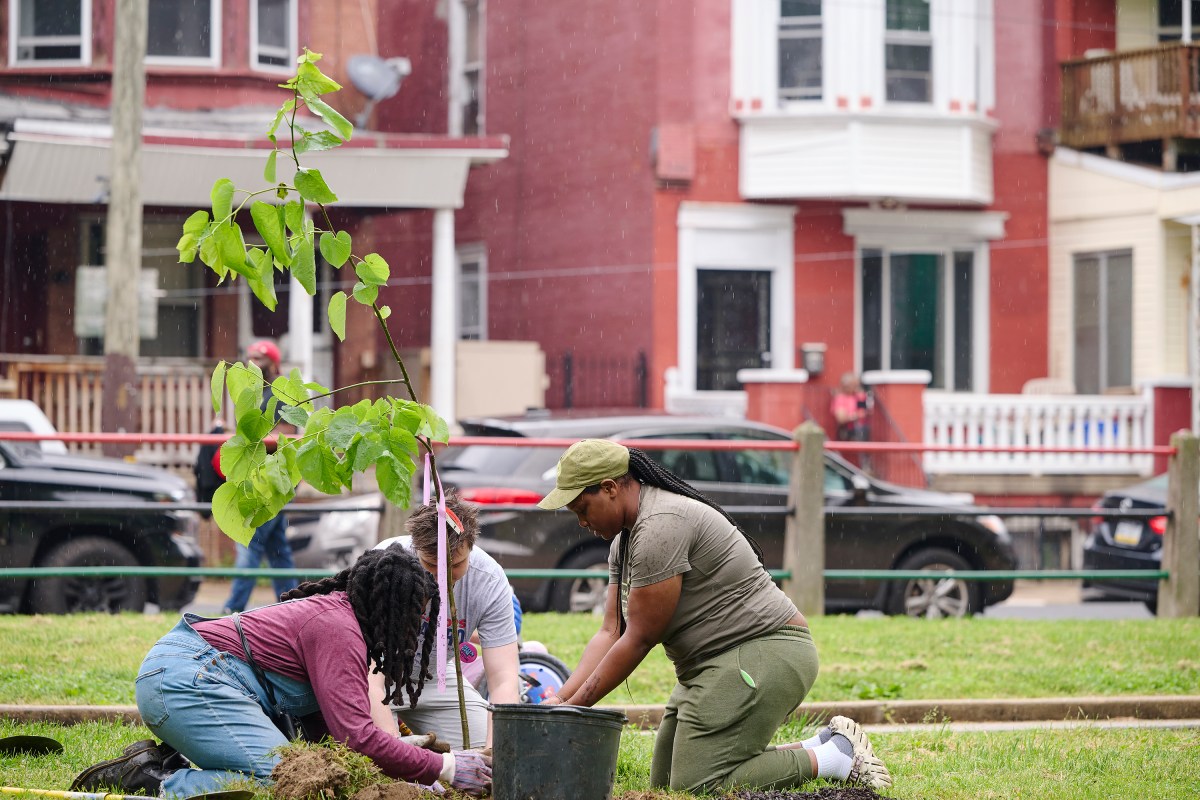DOLNY KUBIN, Slovakia (Reuters) – Thousands of Slovaks lined up to be tested for the coronavirus in the country’s worst-affected areas on Friday, taking part in a pilot programme that will eventually go nationwide.
The government hopes the antigen tests, along with a partial lockdown, can help control a sharp rise in infections.
It also offered an incentive to take part, saying those who test negative will be subject to less stringent rules, meaning they can leave home to go to work, take country walks or visit post offices and banks.
Those who do not take a test will face a stricter lockdown regime including a ban on commuting to work.
“I didn’t think twice about it and I wanted to have it done,” Tomas Spisiak, a sales manager at a textile firm, said after taking the test in Dolny Kubin. “I work in another district and I need the negative test.”
The voluntary tests, at around 235 sites in four northern regions that are home to about 180,000 people, will be administered from Friday until Sunday.
The government is not testing children under 10 and has asked senior citizens isolating at home to stay put, though some still chose to get tested. Some 800 soldiers and 1,400 other personnel helped to carry out the programme.
“I am curious if I am ill so I want to get tested,” said Maria, a 73-year-old pensioner. “We are all afraid. I see what’s happening and it is terrifying.”
Slovak media reported waits of up to two hours at some places or delays in opening test sites because some volunteers failed to show up.
Results from the tests, which use nasal swabs similar to the standard laboratory PCR tests, take about 15 minutes. The antigen tests are faster and cheaper but less accurate than PCR.
Those testing positive are required to isolate for 10 days.
Defence Minister Jaroslav Nad said 13,648 swabs had been done by noon with a 3.64% positivity rate.
“People’s interest is enormous, it really is high and far exceeding what we had expected,” he told a news conference in the village of Nizna, north-east of Dolny Kubin. “In just the first four hours, we pulled nearly 500 positive people from moving around … and spreading the virus.”
The government plans to extend the scheme to the entire country of 5.5 million in two rounds on Oct. 30-Nov. 2 and Nov. 6-8.
Slovakia bought 13 million rapid tests from Korea’s SD Biosensor and people were urged to take part in both rounds of the nationwide testing programme to maximise the proportion of positive cases identified.
Slovakia reported a record 2,581 new infections for Thursday, 828 people in hospitals, and 134 deaths so far.
(Reporting by Radovan Stoklasa and Jan Lopatka; Writing by Jan Lopatka, Editing by Michael Kahn and Giles Elgood)

